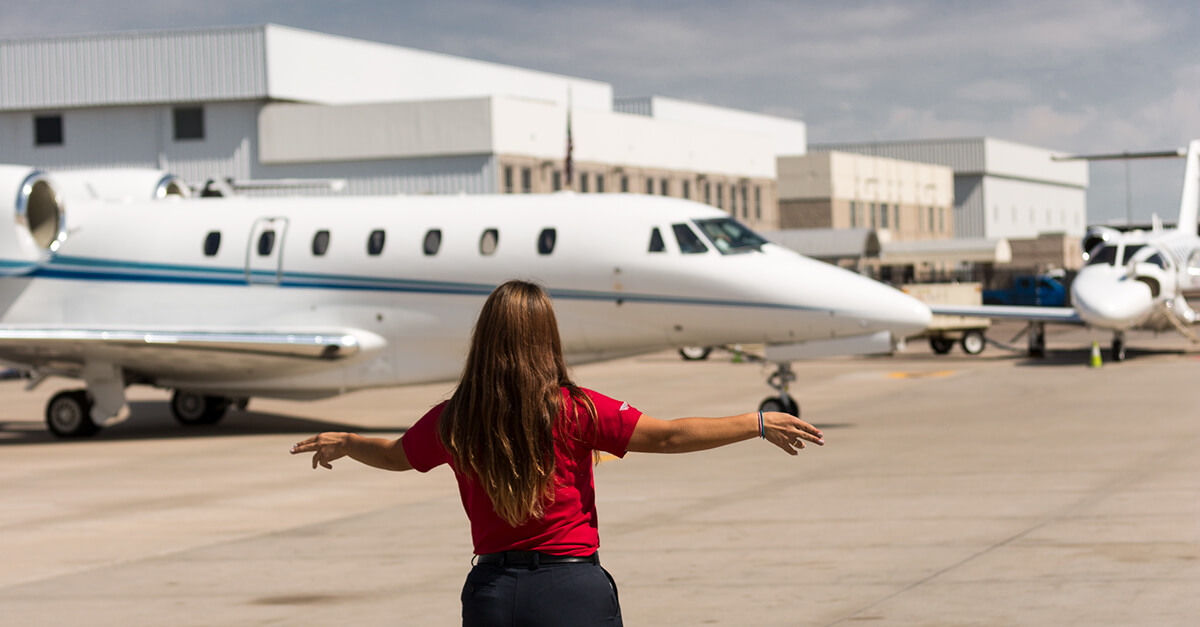
May 14, 2020
The pre-owned business jet market is feeling the impact of the COVID-19 pandemic, with April 2020 transactions expected to be down about 50% compared to April 2019.
“The crisis was largely unrecognized until mid-March,” explained Paul Cardarelli, vice president of sales at JetNet. “As such, it was not until the very end of the first quarter that the market began to reveal real impact from the pandemic,” said Cardarelli.
Although preliminary at the time of this publication, JetNet data shows just over 80 sales and leases of pre-owned business jets in April 2020, compared to more than 200 in April 2019. Cardarelli advised April 2020 sales data could be impacted by a delay in data reporting and the FAA’s current quarantine policies regarding documentation submitted to the FAA registry, but predicts the sales numbers will remain under 100.
“May could actually be worse,” Cardarelli advised. “Deals that were in process going into January and February were likely played out by the close of April.”
Prior to the crisis, JetNet and other industry analysts were already forecasting flat performance for 2020 – a carryover from 2019 that exhibited a 14.5% year-over-year decline in pre-owned business jet sales. Post-recession pent up demand was mostly satisfied in 2017 and 2019, boosted by tax credits and renewed bonus depreciation. Sales will likely be down in the second and third quarters of 2020 and could recover some in the fourth quarter, especially if an effective treatment is discovered for COVID-19.
Cardarelli is optimistic about the overall future outlook of the market, though, and even sees a silver lining:
“There is an opportunity here for OEMs and others in the industry to attract new concept buyers,” said Cardarelli.
Given younger generations’ preferences for sharing economy concepts, fractional ownership and charter operations might be preferred over whole-aircraft ownership, but opportunities exist for the business aviation industry to seek new customers.
“This could be a very transformational time in the industry,” concluded Cardarelli.


 International Business Aviation Council Ltd.
International Business Aviation Council Ltd.